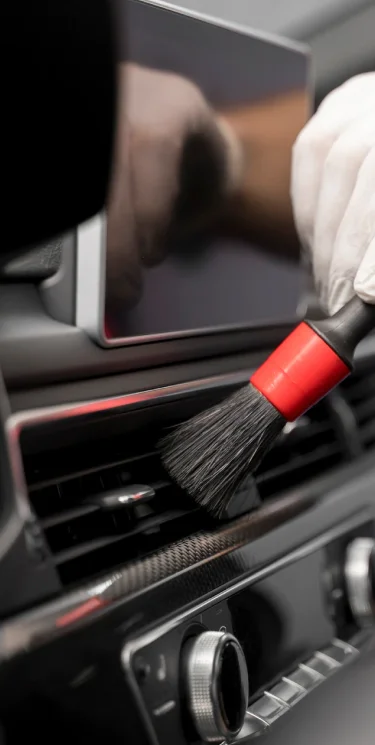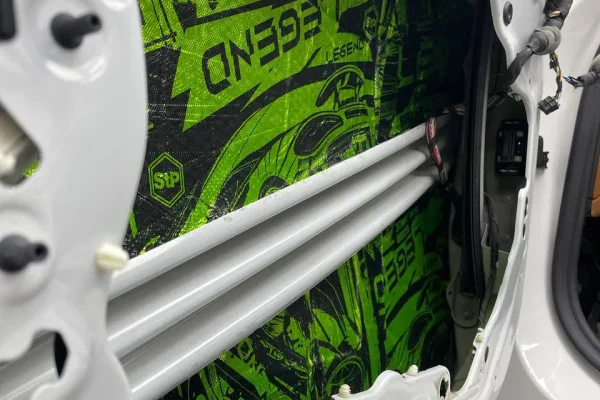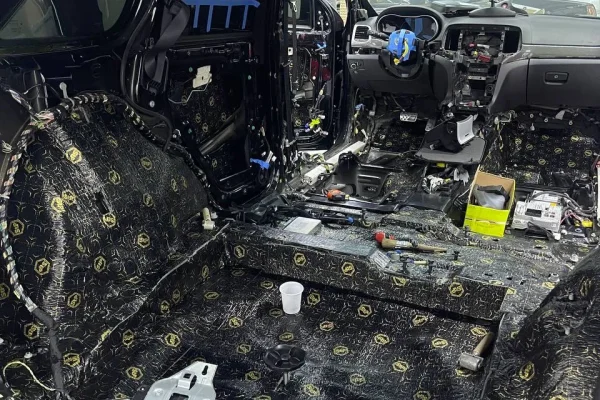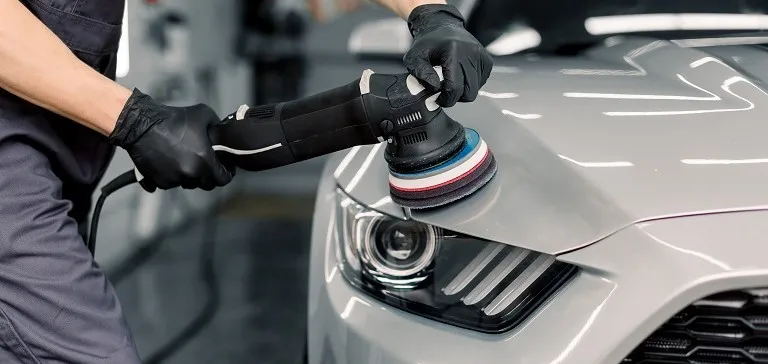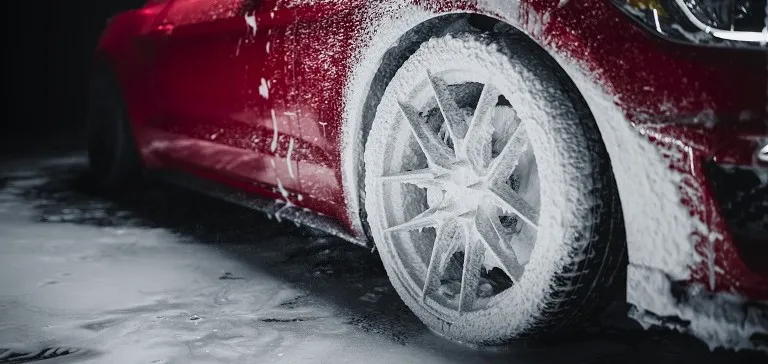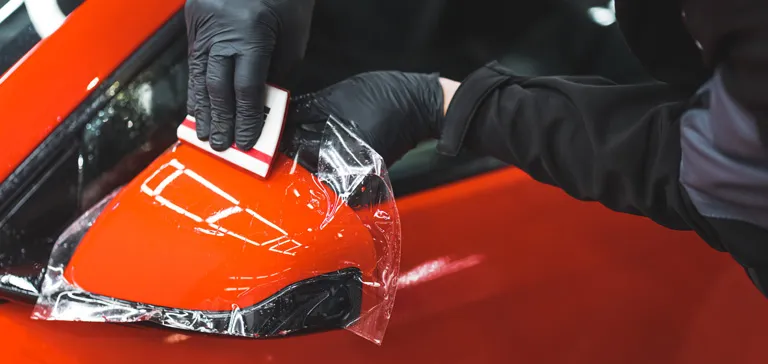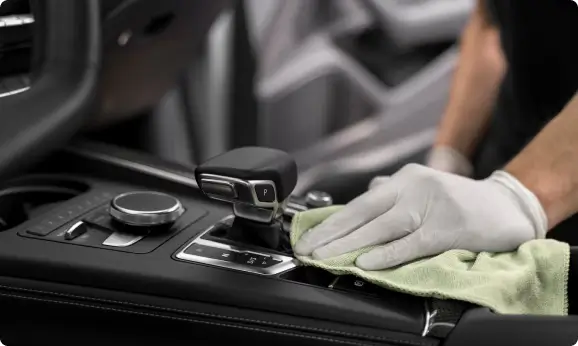Unwanted noise in cars is one of the most customary complaints related to driving a vehicle. It originates from various factors, like road noises, general vibrations, and ambient noises. Road noise is mostly generated by external noise, like tires rolling on different surfaces, wind resistance, and even gravel and debris sounds. Forces of vehicle vibration from the engine, transmission, and suspension will also contribute to the noise level.
External disturbances such as wind flow, road flow sounds, air flowing through and around open windows and doors are also able to penetrate through gaps and cavities. This can further destroy comfort and kill your chances for a quieter ride.
Benefits of Sound Deadening
Sound dampening products provide enormous gains to automobile owners. First and foremost, they reduce unwanted noise and vibration. This means the sound insulation of a car increases. Due to this, the customer can enjoy hearing music in its original sounding and have their trip undisturbed by interference from the ambient sounds. On the contrary, a noisier interior will make the car less valuable.
Types of Sound Deadening Materials
The given materials are different in concept, composition, and their properties:
- Acoustic Foam: The concept lies in the fact that such foams absorb a lot of the sound energy; thus, the echo and reverberation are reduced.
- Acoustic Panels: These were designed with the concept of absorption and dissipation of sound energy.
- Sound Deadening Sprays: These products can be applied to interior panels in cars and decrease the level of noise.
- Mass Loaded Vinyl: It is a flexible heavy material that absorbs sound energy and finds widespread application in soundproofing.
- Butyl-Based Materials: Their effectiveness in the reduction of vibrations and noise is unparalleled.
Effective Solutions for Reducing Car Noise
The following are the best solutions to make the ride quieter:
- Application of Deadening Materials: The doors, floor, and trunk are the major areas in a car that make much noise.
- Gaps and Openings Sealing: Make sure to seal the gaps in the car doors and windows.
- Upgrading the Sound System: Noise reduction components for the audio system of the car to enrich the sound quality.
- Installation of Sound-Absorbing Materials: These can be applied inside the car to further reduce noise.
- Application of Sound Deadening Spray: Sprays can be applied on interior panels, acting like an extended layer for sound dampening.
Installation Options
There are several options available to owners as to installation:
- Professional Installation: It implies professional work that guarantees proper installation.
- Do-it-yourself installation: This option is for more individual work.
- Custom installation implies fulfilling particular solutions needed by a vehicle due to its design.
How to Choose the Right Sound Deadening Solution
The appropriate sound deadening solution can be chosen based upon the following factors:
- Noise type and level inside the car.
- Interior/Exterior Assessment: Assess areas that need deadening.
- Researching Available Options: Compare various materials and solutions.
- Consulting Pros: Consult with professional technicians or experts in sound deadening.
- Reviews: Testimonials from owners of similar cars will be useful.
Maintenance and Upkeep of Sound Deadening Solutions
Sound deadening materials need much maintenance for longevity and efficiency in performance.
- Regular Inspection: One needs to check the wear and tear effects.
- Keeping Clean: Dust and clean sound-absorbing materials regularly.
- Keeping away from Harsh Conditions: Keep the sound deadening materials away from extreme heat, cold, and moisture.
- Replace in Need: Worn-out material must be addressed as soon as possible.
Common Mistakes to Avoid
Following are some common mistakes that one should avoid:
- Gaps: Sealing of gaps and openings is highly critical.
- Low-quality materials: Ineffective sound-deadening materials will bring disappointing results.
- Incorrect Installation: Poor installation of materials will not serve the purpose.
- Low Frequency of Maintenance: Deadening largely depends upon frequent inspection and upkeep.
- Disregarding the Needs: The needs and specifications of your car, if ignored, will bring you to improper soundproofing.
Conclusion
Sound deadening solutions may improve the driving experience by offering a much quieter and comfortable environment. Understanding what the sources of unwanted noise in cars can be and using proper materials will give car owners an opportunity to experience a quiet ride and better sound quality.

